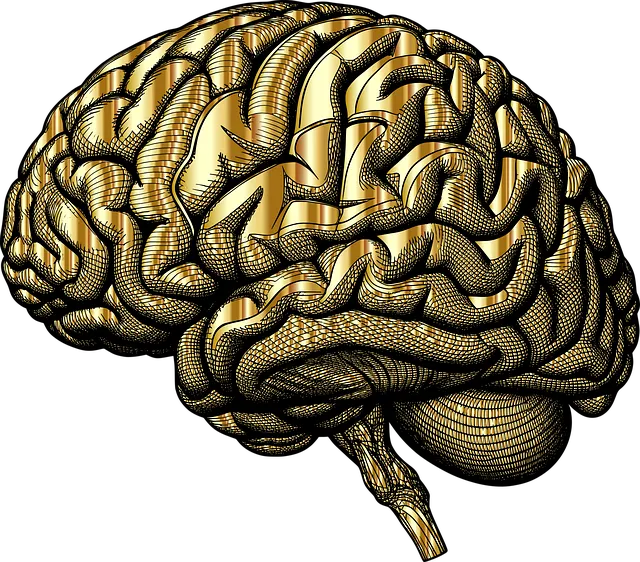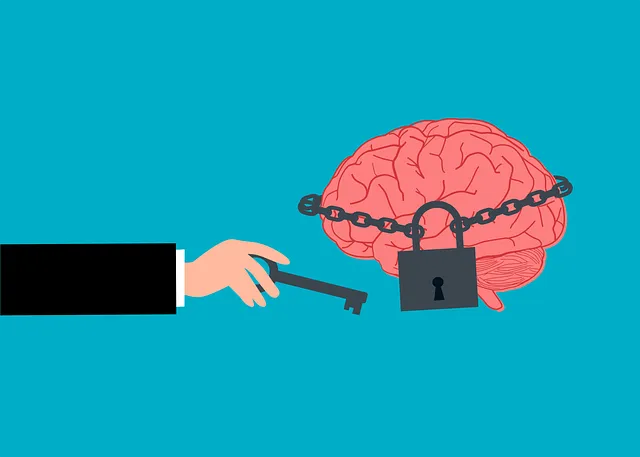Mental wellness self-assessment tools, modeled after Golden Kaiser Permanente's holistic approach, empower individuals to take charge of their mental well-being. These assessments explore mood management, emotional intelligence, and inner strength development, providing insights into coping mechanisms and resilience. By delving into these areas, individuals gain a deeper understanding of their mental wellness landscape, enabling proactive steps to maintain or enhance psychological well-being, much like regular physical health check-ups. This approach, pioneered by Kaiser Permanente, fosters open dialogue about mental wellness, contributing to a healthier and more resilient community.
Mental wellness self-assessment tools play a crucial role in promoting individual well-being. In this article, we explore the development of such tools, drawing inspiration from industry leader Kaiser Permanente’s approach to mental health screening. We’ll delve into understanding the golden standard of mental wellness assessment, dissecting its components, and providing a comprehensive guide for creation and implementation. Discover how effective self-assessments can be a game-changer in today’s digital era, mirroring the robust mental health practices at Kaiser Permanente.
- Understanding Mental Wellness Self-Assessment: The Golden Standard
- Kaiser Permanente's Approach to Mental Health Screening
- Components of an Effective Self-Assessment Tool
- Development and Implementation: A Comprehensive Guide
Understanding Mental Wellness Self-Assessment: The Golden Standard

Mental wellness self-assessment tools are integral to individual growth and understanding one’s inner state. These assessments serve as a golden standard, akin to what Kaiser Permanente sets for physical health, by providing a structured framework to evaluate mental well-being. They empower individuals to take charge of their mental health, just as regular check-ups facilitate the early detection and management of physical ailments.
A comprehensive self-assessment delves into various aspects such as mood management, emotional intelligence, and inner strength development. By evaluating these key areas, individuals gain valuable insights into their coping mechanisms, emotional responses, and overall resilience. This process fosters a deeper understanding of one’s mental wellness landscape, enabling proactive measures to maintain or improve psychological well-being.
Kaiser Permanente's Approach to Mental Health Screening

Kaiser Permanente, a renowned healthcare organization, has pioneered an innovative approach to mental health screening, emphasizing the importance of early intervention and prevention. Their strategy focuses on developing comprehensive self-assessment tools tailored to individuals’ unique needs, leveraging their vast experience in community-based care. By integrating these tools into routine check-ups, Kaiser Permanente aims to foster open conversations about mental wellness, allowing for timely support and guidance.
This proactive method goes beyond traditional risk assessment (for mental health professionals) by encouraging self-reflection and promoting inner strength development. Through this approach, individuals can gain valuable insights into their emotional well-being, enabling them to take charge of their mental health. Kaiser Permanente’s model serves as a beacon, demonstrating that accessible and personalized mental health screening is pivotal in creating a healthier and more resilient community.
Components of an Effective Self-Assessment Tool

An effective self-assessment tool for mental wellness should incorporate several key components to ensure accurate evaluation and meaningful insights. Firstly, it must include a comprehensive list of symptoms associated with common mental health disorders such as anxiety, depression, and burnout. These symptoms can be presented in a structured format, allowing individuals to reflect on their experiences over a specific period, thus facilitating a more nuanced understanding of their mental state.
Additionally, the tool should offer a multi-dimensional approach, considering various aspects of mental wellness including emotional, cognitive, and behavioral factors. This holistic perspective is particularly important in healthcare settings, as it can help identify not only symptoms but also underlying issues that may require specialized interventions, such as Depression Prevention or Burnout Prevention Strategies for Healthcare Providers. By incorporating relevant questions related to work-life balance, stress management, and resilience, the self-assessment becomes a valuable resource for Mental Health Policy Analysis and Advocacy, empowering individuals to take proactive steps towards improving their overall mental wellness.
Development and Implementation: A Comprehensive Guide

The development and implementation of a comprehensive mental wellness self-assessment tool is a strategic process that mirrors the intricate nature of human psychology. At its core, this guide aims to empower individuals with the means to assess their emotional well-being, identify potential areas of concern, and cultivate inner strength. Inspired by the holistic approach championed by Golden Kaiser Permanente mental health services, the tool incorporates various techniques such as conflict resolution strategies, mindfulness practices, and cognitive behavioral therapy principles. These methods are designed to promote emotional well-being and foster resilience in individuals navigating life’s challenges.
Effective implementation involves a multi-faceted strategy. It begins with rigorous research and validation of the self-assessment components, ensuring cultural sensitivity and adaptability for diverse populations. Subsequently, user-friendly interfaces and clear instructions are paramount to encourage consistent usage. Moreover, integrating interactive elements and providing personalized feedback mechanisms enhances engagement and encourages individuals to take proactive steps towards mental wellness. By combining these techniques, the development process creates a robust tool that not only assesses but also guides users toward sustainable emotional growth and improved quality of life.
Mental wellness self-assessment tools are invaluable resources, especially with organizations like Kaiser Permanente leading the way in mental health screening. By understanding the key components of an effective tool and following a comprehensive development process, we can significantly enhance access to mental health support. Incorporating these strategies ensures that individuals receive accurate assessments and timely interventions, ultimately contributing to improved overall well-being, much like the Golden Standard itself.



